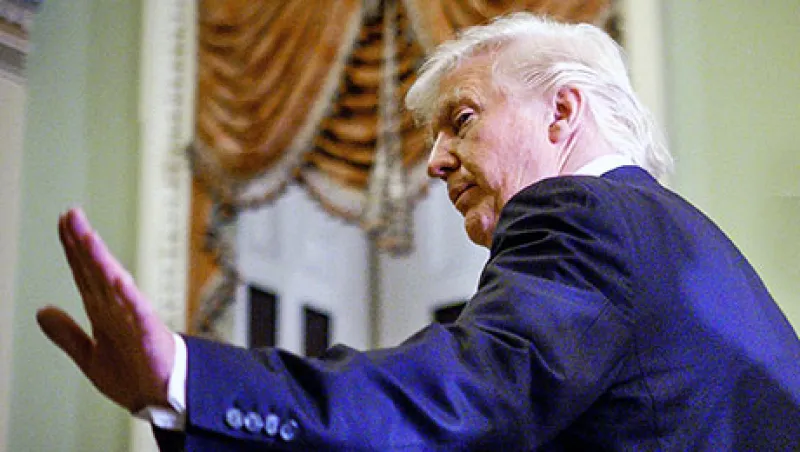
What Donald Trump Means for the New Economies
The billionaire’s election victory may hamper the clean energy and technology industries, but other aspects of the new economy are booming.
Daniel Nadler
November 18, 2016


